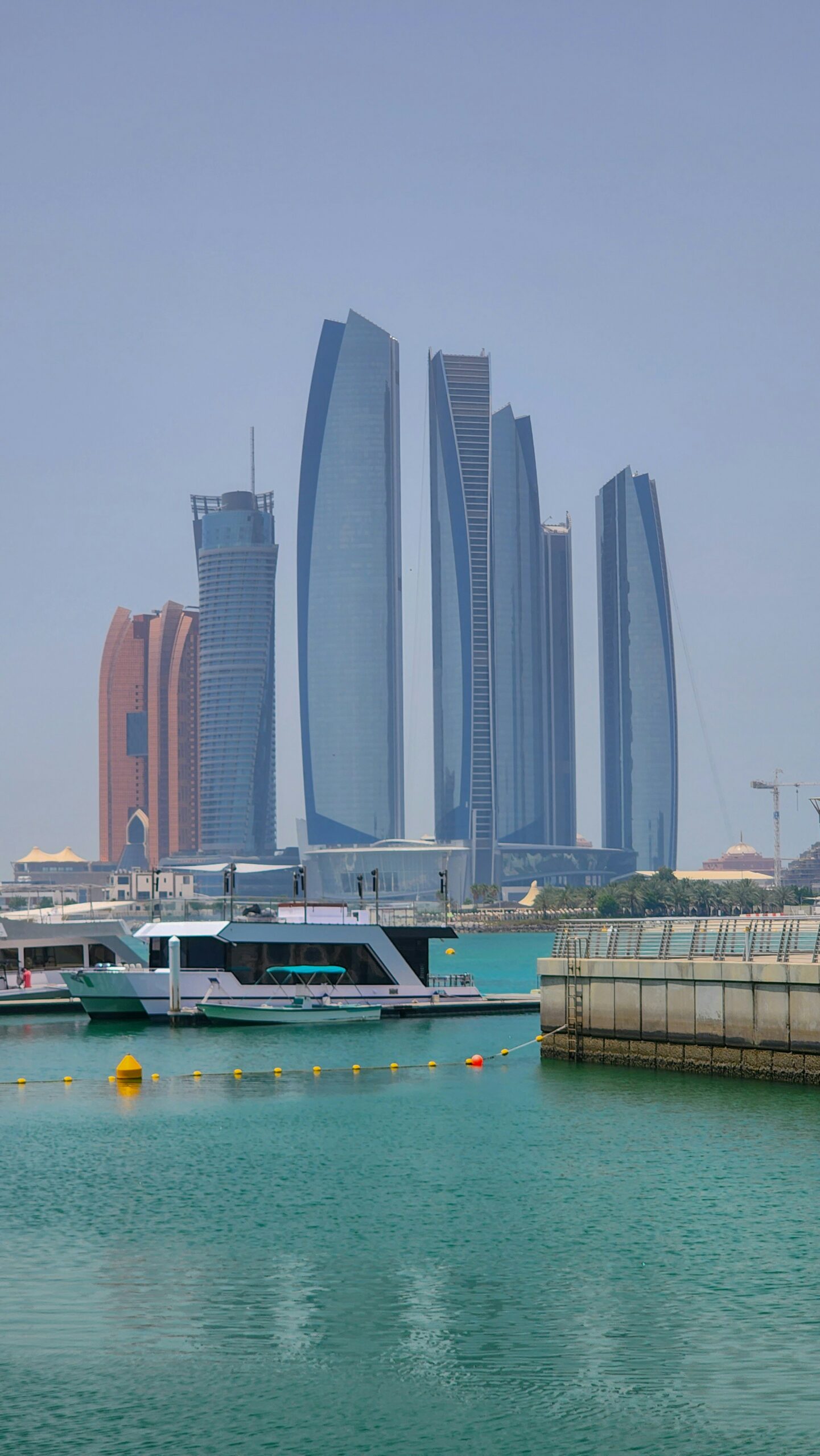22 July 2024
Expanding your team in the UAE: understanding visas & work permits
Expanding your global team in the United Arab Emirates involves navigating through the intricacies of work permits in the country. Understanding the nuances of work permits and visas in the UAE is essential to smooth the onboarding process and ensure compliance with the country’s immigration regulations.
This article explores the essential steps employers and employees need to take to ensure a smooth entry into the Emirati workforce and it sheds light on why Employer of Record in the UAE represent a smart solution for simplifying this project.
Difference between visas and work permits
Visas and work permits are closely related but serve different purposes. Visas typically grant temporary entry into a country for specific purposes, such as tourism, business, or study, and may also allow for short-term employment or training. In contrast, work permits are specifically designed for individuals who will be working in a foreign country for an extended period. They are usually required in addition to a visa and are essential for legal employment in that country.
The requirements for obtaining a work permit vary depending on the destination country and the nature of the work. In certain areas or fields, applicants may also need to demonstrate proven experience, provide previous job reports, and validate their diplomas.
Who needs a visa and/or work permit to work in the Emirates?
Foreigners who want to work in the UAE generally need both a work permit and a work visa. Before they relocate to the Emirates, the employer first must secure a work permit for the employee through the Ministry of Human Resources and Emiratisation. This permit is typically valid for two months. Within these 60 days, the employee must complete the process to obtain a work visa. As a type of residence visa, the work visa allows the employee to reside in the country for an extended period.

Types of work permits
The Ministry of Human Resources and Emiratisation (MoHRE) issues 12 types of work permits which allow establishments registered with MoHRE to recruit employees, depending on the nature of the job. The most relevant types of permits are:
- a work permit to recruit a worker from outside the UAE
- a work permit to transfer a foreign worker from one establishment to another
- a temporary work permit to hire a worker to complete a job within a specific period
- a part-time work permit to recruit a worker under a part-time contract where his working hours or days are less than his full-time contract
Additionally, there are eight other types of work permits available in the Emirates. Emirati Employer of Record can assist you in navigating the various types and help you select the most suitable one. Visit our hiring of a highly skilled migrant page for assistance.
Types of work visas
As mentioned, after obtaining the work permit, the next step is to secure a work visa. Below are the two types of work visas in the UAE that are relevant.
Standard work visa
A foreigner can get a normal employment visa, usually for two years. The employer must apply for the standard residence visa.
Golden Visa
The UAE’s ‘Golden visa’ is a long-term residence visa that enables foreign talents to live, work or study in the UAE while enjoying exclusive benefits.
How do you obtain a visa and/or work permit in the UAE?
The employer will be responsible for applying for the work permit and residency visa on behalf of the employee, acting as the sponsor. Upon the complete submission of documents, it usually takes about 5 working days for the Ministry to issue the entry permit. Following this, the employee can enter the country and stay there for 3 weeks to obtain a work visa.
To obtain a work visa in the UAE, applicants must navigate a few essential steps.
Step 1: They need to gather their passport, ensuring they have a copy of it along with several passport photos.
Step 2: Next, they must undergo a medical screening and submit the results. Proof of employment from their prospective employer is necessary, which includes a company card and the company’s commercial licence. Additionally, an employment agreement or a job offer from a UAE business must be provided.
Step 3: Finally, they must complete and submit a visa application form. With these documents in hand, the process of obtaining a work visa in the UAE can begin, paving the way for a new professional journey in this vibrant country.
Once the visa is approved, the employer must ensure the employee receives an Emirates ID card and a labour card. The Emirates ID card serves as the employee’s government identification, while the labour card confirms that the employee is authorised to work in the UAE.
As you can see, the process can be quite time-consuming and may somewhat hinder your expansion into the Emirates. However, our EOR solution and expertise can simplify and optimise the visa and international talent onboarding processes. You won’t need to worry about any hiccups, as everything will be efficiently handled by our local experts.
Why use an Employer of Record to hire in the UAE?
Expanding your team to the Emirates is exciting, but navigating work permits can be challenging. The process is complex and varies by situation. This is where the Emirati EOR can assist. As specialists in facilitating international expansion into the Emirates, we handle all the paperwork involved in hiring, ensuring all necessary steps are smoothly managed.
We will set up payroll and benefits for your employees in the UAE and handle all legal compliance aspects. Contact us today to begin your successful business expansion into the Emirates!
